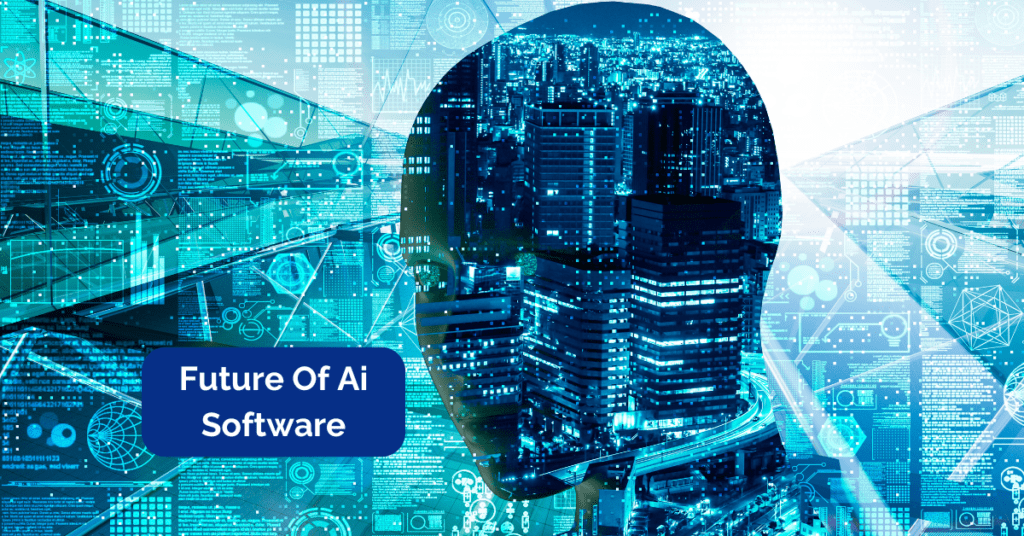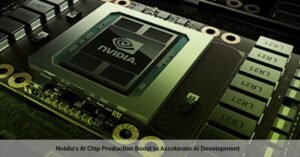
The Future of AI Software: A World of Intelligent Assistance
Artificial intelligence (AI) software is rapidly transforming our world, and its impact on software development is nothing short of revolutionary. From streamlining processes to creating entirely new applications, AI is poised to shape the future of software in profound ways.
Let’s delve into this exciting landscape and explore.
Understanding AI Software
AI software refers to programs that can mimic human cognitive functions like learning and problem-solving. These programs are trained on massive datasets, enabling them to identify patterns, make predictions, and even generate creative text formats. There are various subcategories of AI software, including:
Machine Learning (ML): ML algorithms learn from data without explicit programming, allowing them to improve their performance over time.
Natural Language Processing (NLP): NLP allows AI to understand and respond to human language, making possible applications like chatbots and voice assistants.
Deep Learning: Inspired by the structure of the human brain, deep learning uses artificial neural networks to process information and achieve high levels of accuracy in tasks like image and speech recognition.
The Rise of the Intelligent Assistant
One of the most significant trends in AI software is the rise of the intelligent assistant. These virtual assistants, like Siri and Alexa, are becoming increasingly sophisticated, capable of handling a wide range of tasks like scheduling appointments, controlling smart home devices, and even providing personalized recommendations.
AI in Software Development
AI is not just for users; it’s also transforming the way software is built. Here’s how:
Automation: AI can automate repetitive tasks in software development, freeing up developers to focus on more creative and strategic aspects.
Code Optimization: AI can analyze codebases and suggest improvements, leading to more efficient and maintainable software.
Testing and Debugging: AI-powered tools can automate software testing and identify bugs more effectively, saving time and resources.
Benefits of AI Software
The integration of AI into software offers a multitude of benefits:
Increased Efficiency: AI can automate tasks and optimize processes, leading to significant gains in productivity.
Enhanced User Experience: AI can personalize user experiences and provide intelligent recommendations, making software more intuitive and user-friendly.
Improved Decision-Making: AI can analyze vast amounts of data to identify patterns and trends, enabling better decision-making for businesses and organizations.
Challenges and Considerations
While AI software offers immense potential, there are challenges to consider:
Ethical Implications: Biases in training data can lead to biased AI algorithms. It’s crucial to ensure fairness and ethical considerations throughout the development process.
Job displacement: As AI automates tasks, some jobs may be lost. However, new opportunities will likely emerge, requiring different skillsets.
Explainability and Transparency: Understanding how AI systems arrive at their decisions is critical for building trust and ensuring responsible development.
The Future is Bright
The future of AI software is brimming with possibilities. As AI technology continues to evolve, we can expect even more intelligent and adaptable software applications that seamlessly integrate into our lives. By addressing the challenges and harnessing the potential of AI responsibly, we can unlock a future where software empowers us to work smarter, live better, and create a more sustainable world.








